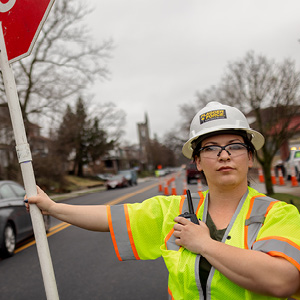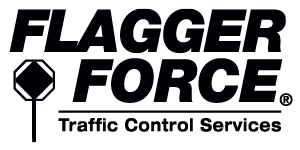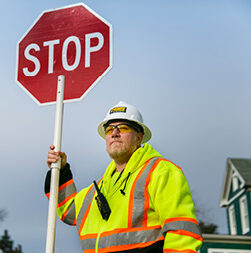Americans love the idea of driving down an open road. Whether it’s a five-year-old playing with toy cars or a Boomer behind the wheel of an oversized pickup, we enjoy our cars and trucks. Maybe that’s why there were more than 270 million noncommercial, registered vehicles on the road in 2019. That translates into 1.08 personal vehicles per person 18+ in the United States. No wonder the nation’s roadways need so many repairs.
And while Americans love driving, they don’t enjoy slowing down for work zones. However, hundreds of thousands of work zones are needed each year to allow for the maintenance and improvements of our nation’s roadways.
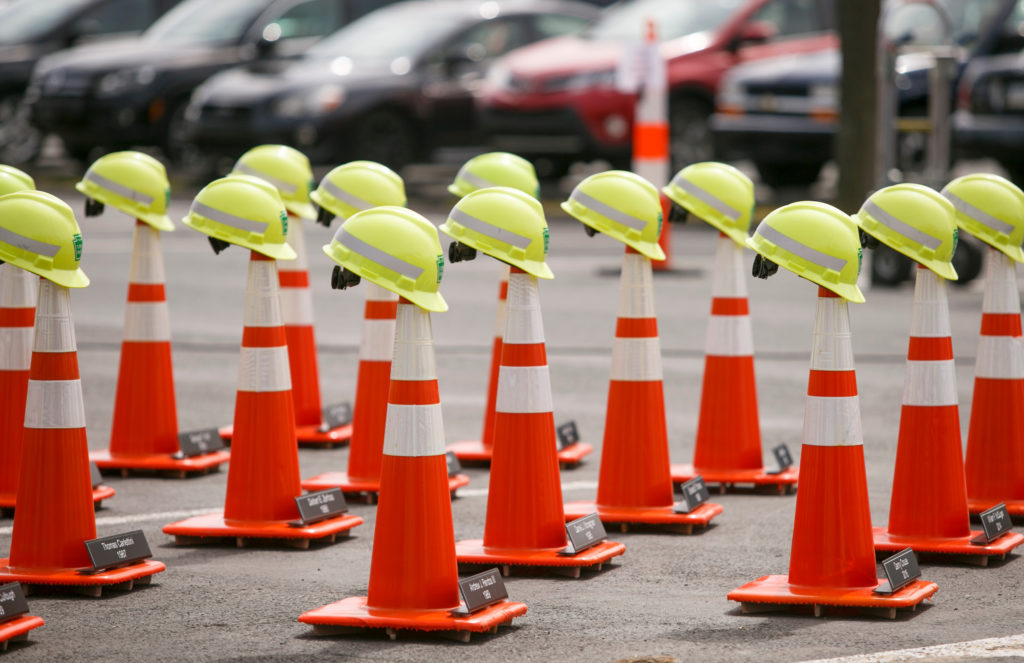
What is National Work Zone Awareness Week?
During National Work Zone Awareness Week, an annual spring campaign held at the start of construction season, the Federal Highway Administration and its partners, including Flagger Force, work to bring extra attention to the critical issue of road user and worker safety in and around work zones.
This year, National Work Zone Awareness Week is April 26-30. The Michigan Department of Transportation (MDOT) is hosting a kickoff event at 11 a.m. ET on April 27 at an MDOT project on M-59 in Macomb County.
Deadly Work Zones: The Stats
Why are work zones so deadly? A work zone forces drivers to change their driving patterns and their speed. While work zone experts continually research the safest ways to achieve these slowdowns, any changing traffic pattern poses a risk unless all drivers are alert and responsive. That’s why even minor lapses in attention or judgment can result in potentially dangerous situations for drivers and field workers.
How dangerous are work zones? Here are the work zone statistics:
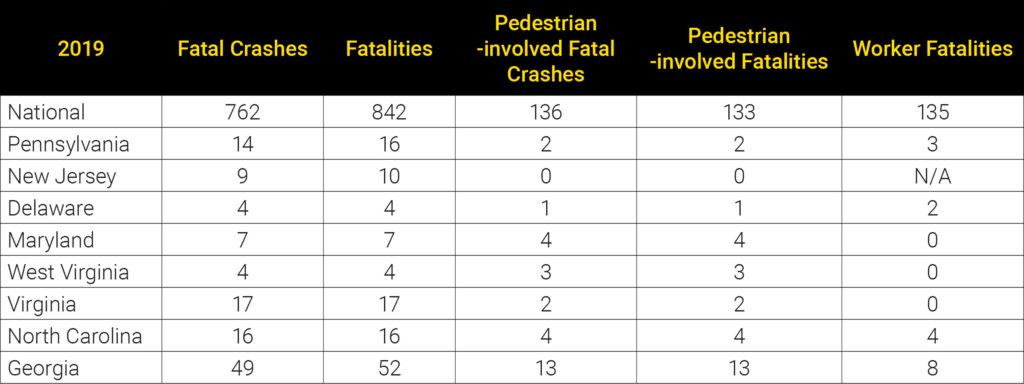
Work Zone Safety Matters to Flagger Force Field Workers
At Flagger Force, work zones are where we do our job. Our field workers were present at nearly 100,000 jobs in 2020. Flagger Force employees and colleagues work to keep our communities safe, with the goal of helping everyone get home safe at the end of the day.
Our employees spend time every day preparing for their shift in a work zone, reviewing safety procedures, and staying alert. However, even prepared, vigilant field workers can’t improve work zone safety unless the driving public is aware, focused, and avoiding activities that can lead to distracted driving.
Watch the “Who I Come Home To” video series and meet some of the people behind the paddle.
Tips for Work Zone Safety
How can drivers make work zones safer? Here are a few easy tips to remember.
(1) Avoid work zones.
Research your route before you drive. Take note of work zones and avoid them altogether. Not only will you keep yourself safer, but a less congested work zone is safer for other drivers and field workers alike.
Not sure how to research your route for work zones?
- More and more state departments of transportation are creating apps that help drivers identify work zones (and avoid them).
- Keep alert for roadside message boards notifying drivers of upcoming construction dates.
- Daily traffic reports on local TV and radio will usually include road construction delays. Make a note of these areas and devise an alternate route.
(2) Pay attention. Stay focused.
While this advice is easy enough to understand, it can be challenging to accomplish. It’s essential to be self-aware and think about the activities (or lack of activities) that lead to distraction. Some people find background music keeps them more alert. Others find music too distracting. Find the mix that works best for your driving style.
However, few drivers can stay focused entirely when eating, drinking, talking on the phone, texting, arguing, or trying to locate items in their car. If you find you need to do any of these activities, save them for a time when you’re parked.
(3) Slow down.
Never drive above the posted speed limit. Slow down for work zones. Leave plenty of room between you and the vehicle in front of you. Slower speeds and more space between cars and trucks will give you the extra moments you need to react if the unexpected happens.
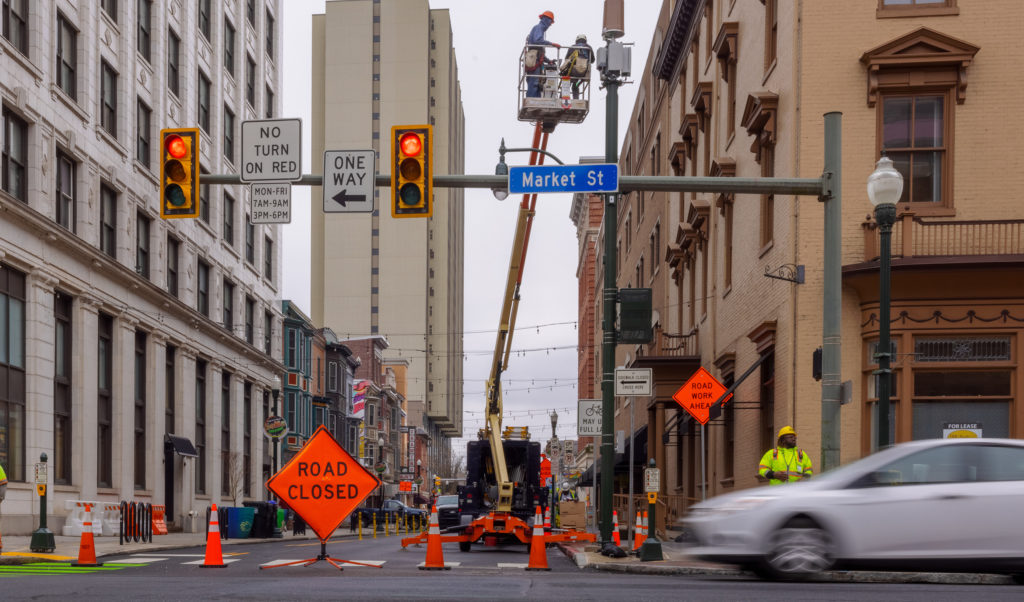
Want to learn more about Flagger Force and National Work Zone Awareness Week? Visit FlaggerForce.com/Safety or check out these articles on work zone safety:
Distracted Driving Threatens Work Zone Safety
Stow Your Smartphone to Increase Work Zone Safety
Distracted Driving Danger: A Near-miss Story
